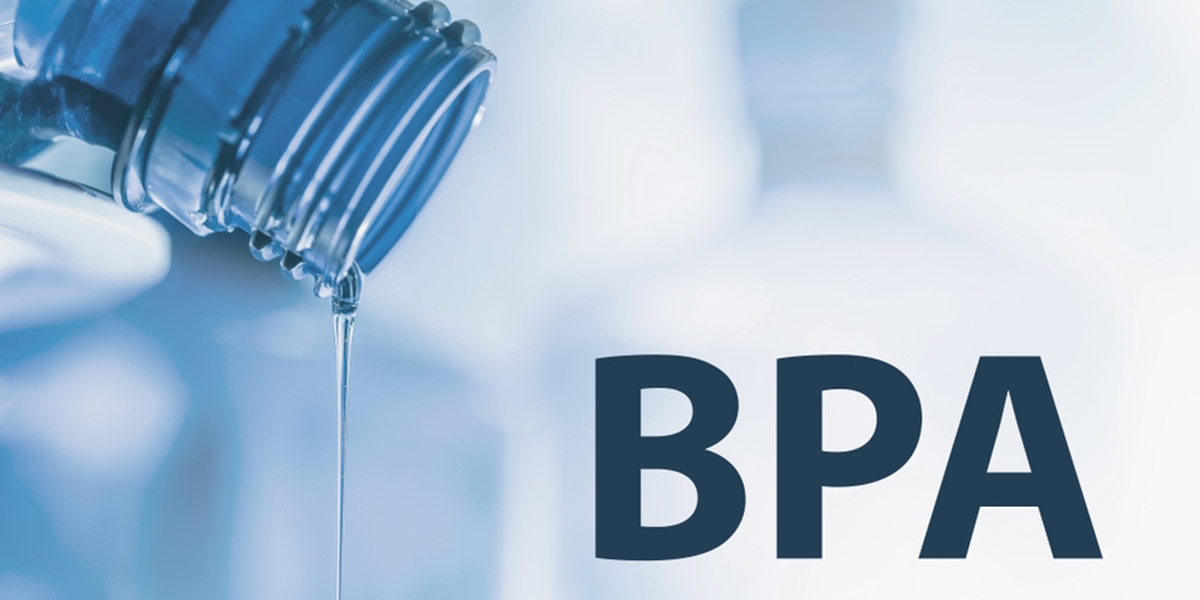This is the Reason Life is More Comfortable and Practical in Exclusive Boarding Houses!
Exclusive boarding houses like Cove usually have several advantages over regular boarding houses to maximize the comfort of their residents.

Kapanlagi.com - After undergoing a series of processes, the Food and Drug Supervisory Agency (BPOM) has finally issued changes to the regulations regarding processed food labels. This is based on a risk assessment of Bisphenol A (BPA) in bottled drinking water. In the latest regulation, BPOM mandates the inclusion of potential BPA hazards on bottled drinking water that uses polycarbonate packaging.
Polycarbonate itself is a material commonly used for reusable gallons. It should be noted that BPA exposure can come from many plastic sources, one of the most significant in terms of intensity and risk being the reused drinking water gallons. So, what process did BPOM undertake to implement this BPA hazard label?
Some time ago, BPOM mentioned that polycarbonate gallons are the most widely circulated among the public, accounting for 96% of the total branded bottled drinking water available. From BPOM's inspection data on production facilities during 2021-2022, the levels of BPA migrating into drinking water exceeding 0.6 ppm increased consecutively to 4.58 percent. Similarly, the results of BPA migration testing at the threshold of 0.05-0.6 ppm increased consecutively to 41.56 percent.
In order to protect the public from health risks due to BPA exposure, BPOM has finally mandated hazard labeling for BPA on bottled drinking water with polycarbonate packaging, which has long been under scrutiny due to the potential health hazards it poses. Many large countries in the world have banned the use of BPA, such as the United States, Canada, the European Union, China, Malaysia, and the Philippines.
In the long term, exposure to BPA can trigger various serious health disorders, ranging from hormonal disruptions to cancer. “BPA is known as an endocrine disruptor, meaning it is a compound that interferes with the normal function of the body's endocrine system,” said the Dean of the Faculty of Pharmacy at Airlangga University, Prof. Junaidi Khotib, SSi, Apt, MKes, PhD.
According to Junaidi, the endocrine system itself is a network of glands that produce and release hormones that control many important functions in the body. One of these is related to physiological processes, such as growth, metabolism, and reproduction.
Junaidi continued, once it enters the body through food or drink stored in plastic containers, BPA will mimic natural hormones and take the place of those hormones at receptors in various organs. As a result, hormonal disruptions occur in the body.
Hormonal disruptions affect growth and puberty, as well as fertility. In fact, several scientific references mention that this condition can trigger the emergence of abnormal cells in the body, as well as increase the risk of cardiovascular diseases, diabetes, and hypertension.
In BPOM Regulation Number 6 of 2024 concerning the Second Amendment to the Regulation of the Food and Drug Supervisory Agency Number 31 of 2018 regarding Processed Food Labels, there are two additional articles related to BPA risk labeling on bottled water packaging, namely 48a and 61a, with a four-year transition period for producers to make adjustments.
Article 48A states, “Information on storage methods as referred to in Article 48 paragraph (1) on the packaged drinking water label must include the statement 'store in a clean and cool place, avoid direct sunlight, and sharp-smelling objects'.
Meanwhile, Article 61A states, “Packaged drinking water that uses polycarbonate plastic packaging must include the statement 'under certain conditions, polycarbonate packaging may release BPA into packaged drinking water' on the label”.
According to Junaidi, this regulation is a step forward for the government in protecting public health and increasing education regarding the dangers of BPA. Furthermore, it serves as evidence of BPOM's commitment to the community as consumers of bottled water. “A disrupted endocrine system does not have immediate effects. However, it is dangerous in the long term,” he concluded.
(kpl/tmi)
Cobain For You Page (FYP) Yang kamu suka ada di sini,
lihat isinya
Exclusive boarding houses like Cove usually have several advantages over regular boarding houses to maximize the comfort of their residents.
DANA digital wallet can make you save more every month because the admin fee is free 10x/month. How is it possible? Here's the explanation!
Take note, Willie Salim's First Shopee Live will take place on Monday, July 22, 2024, starting at 20.00 WIB.
Through this game, you can create a squad by combining a series of popular characters from Supercell games, you know!
Honda EM1 e: is an electric motorcycle, so it does not produce harmful emissions.
The ASUS Vivobook S14 S5406 is a laptop that is very suitable for business needs with its various excellent features.
Le Minerale has proven its commitment to maintaining product quality and the environment through various inspiring initiatives
Let's take a look at each generation of Samsung A Series smartphones that can be a choice for Gen Z!
Along with this policy, DANA, as part of the financial technology industry, also supports the government and regulators in carrying out their duties.
The tournament is participated by 24 participating countries.
Not only a gateway for MSMEs and local brands to gain wider exposure, but also support in strengthening their brand awareness at the national level.
The more frequent you top up there, the greater your chance of winning the grand prize in the form of Samsung S23 Ultra.